Optimal Seasons for Roofing Service
Scheduling roofing service at optimal times can extend the lifespan of a roof and ensure quality results. The most suitable seasons typically depend on weather conditions, temperature, and humidity levels that affect roofing materials and installation processes.
Spring offers moderate temperatures and longer daylight hours, making it ideal for roofing projects. Dry weather minimizes delays and allows for proper curing of materials.
Summer provides warm weather, but high temperatures and humidity can impact certain roofing materials. Early summer is preferable to avoid heat-related issues.
Fall is often considered the best season for roofing, with cooler temperatures and less rain. This allows for efficient work and thorough inspections before winter.
Winter poses challenges such as snow, ice, and freezing temperatures, which can hinder installation and affect material performance. However, in milder climates, winter roofing can still be feasible.

Spring roofing projects benefit from favorable weather conditions for installation and repairs.

Summer offers longer days but requires scheduling during cooler parts of the day to avoid heat stress.

Fall is optimal for completing roofing before winter weather sets in.
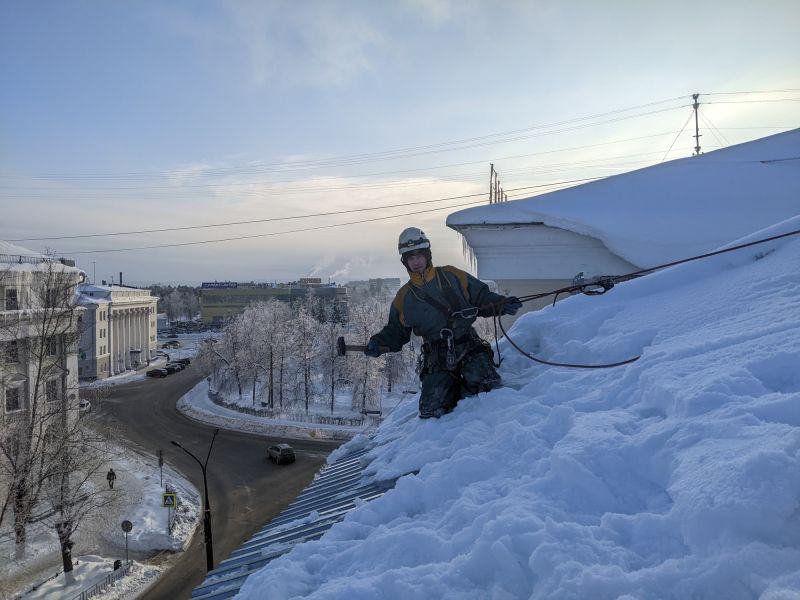
Winter roofing requires careful planning due to weather constraints.
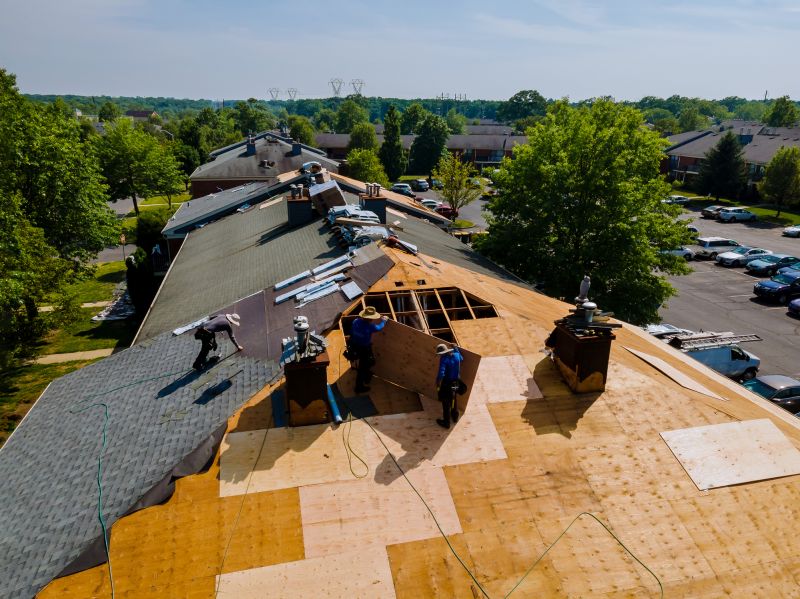
A roofing project underway during suitable weather conditions.
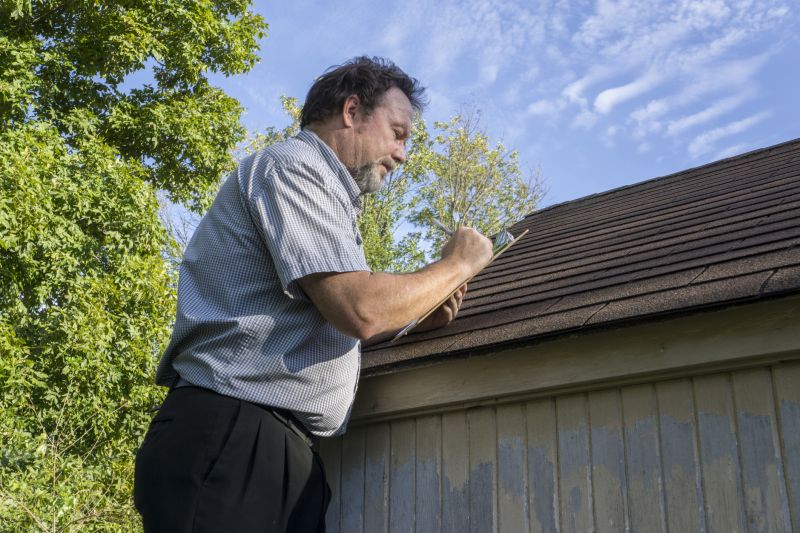
Professional roof inspection to assess condition and plan maintenance.
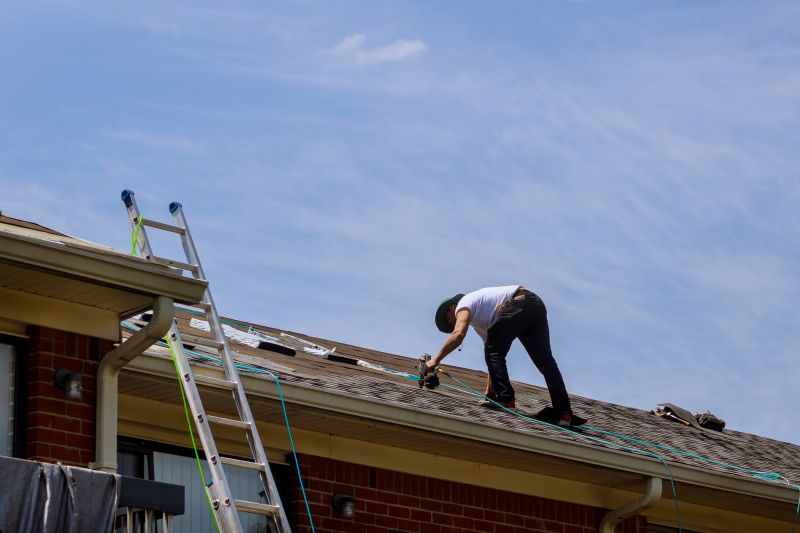
Timely repairs to prevent further damage and extend roof life.

Installing new roofing with optimal weather conditions.

Regular maintenance to ensure roof integrity year-round.
| Season | Ideal Conditions |
|---|---|
| Spring | Moderate temperatures, dry weather, longer daylight |
| Summer | Warm weather, early or late in day to avoid heat |
| Fall | Cooler temperatures, less rain, optimal for preparation |
| Winter | Challenging weather, suitable in milder climates |
Roofing services encompass a range of activities including inspections, repairs, maintenance, and installation of new roofing systems. Proper timing ensures that these services are performed under conditions that maximize durability and effectiveness. Weather plays a crucial role in the success of roofing projects, influencing material performance and worker safety.
Statistics indicate that scheduling roofing work during favorable seasons can reduce project delays by up to 30 percent and improve the longevity of roofing materials. For example, asphalt shingles tend to perform best when installed in moderate temperatures, avoiding the extremes of summer heat or winter cold. Properly timed services can also minimize the risk of leaks, mold growth, and structural damage.

Preparing roofs during optimal weather conditions ensures quality work.
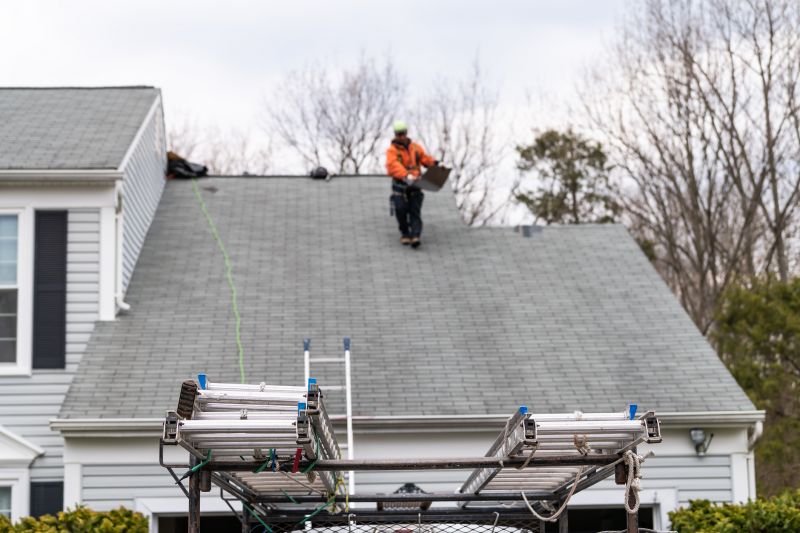
Professional repairs carried out with ideal weather conditions.
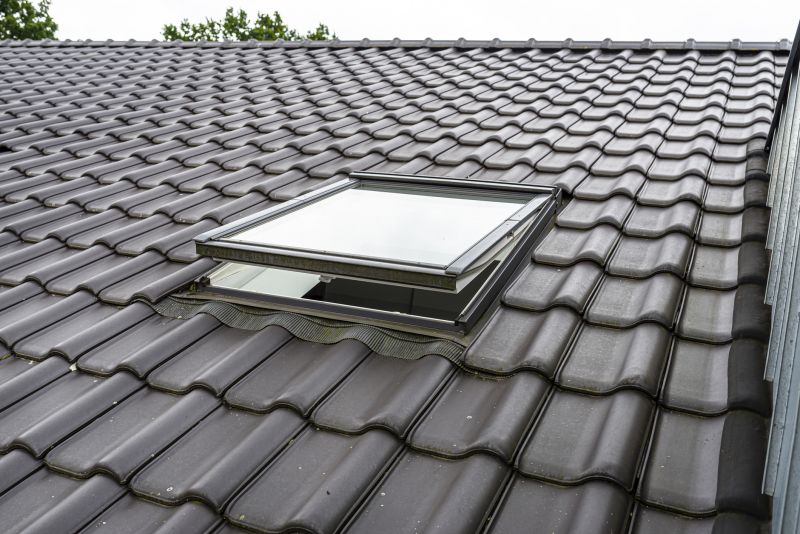
Installing a new roof during suitable seasons for durability.

Routine maintenance to extend roof life and prevent damage.
Interested in scheduling roofing services at the most appropriate time for your property in Asbury Park, NJ? Filling out the contact form can help determine the best window for your project and ensure optimal results.


